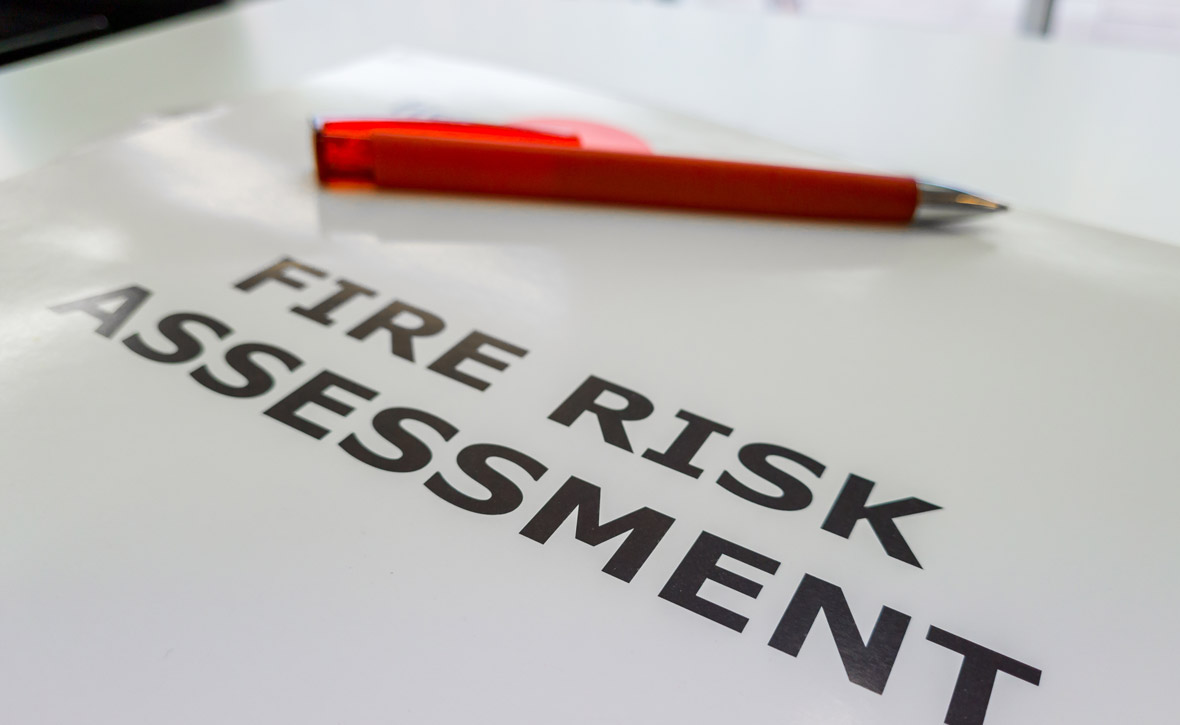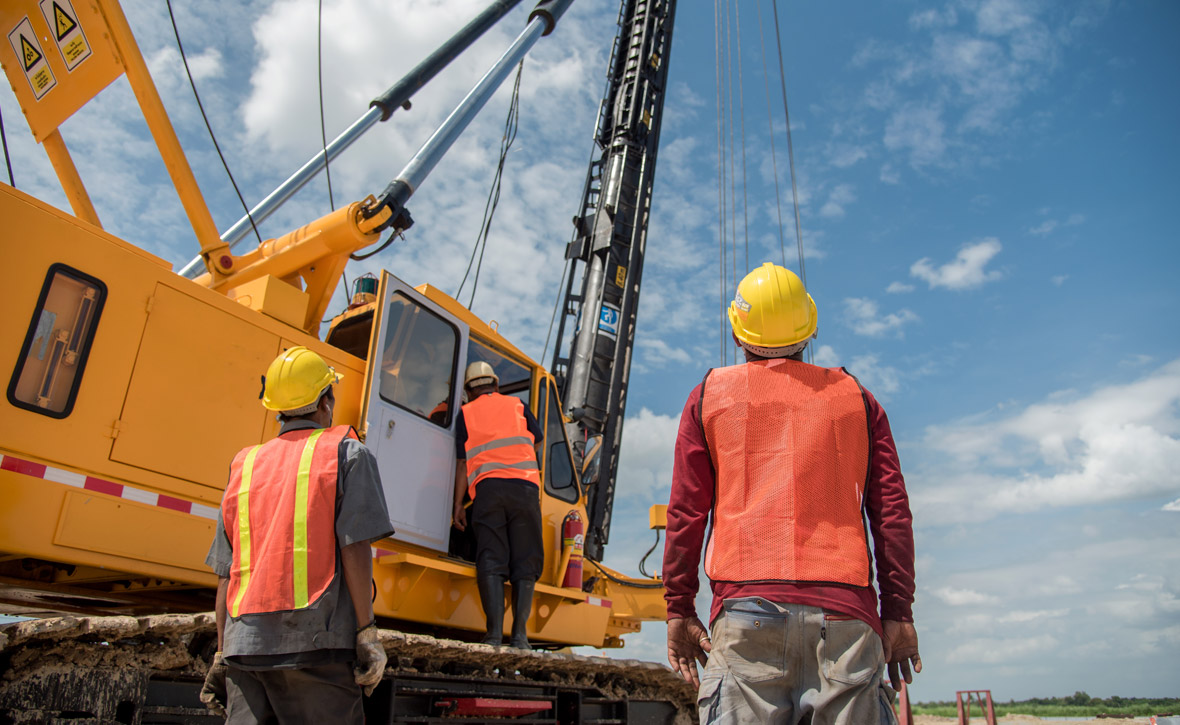May 5, 2023
Asbestos in the workplace
From our colleagues at Barbour EHS.
This House of Commons report has been published ahead of a Westminster Hall debate on asbestos in the workplace.
The report highlights that diagnosis statistics published by NHS Digital advise that, in 2021/22 in England, there were:
- 13,974 hospital episodes where one of the recorded diagnoses was Pneumoconiosis due to asbestos and other mineral fibres.
- 34,433 hospital episodes where one of the recorded diagnoses was Pleural plaque with presence of asbestos.
- 16,777 hospital episodes where one of the recorded diagnoses was Mesothelioma.
The HSE publish statistics on asbestosis mortality for men in Great Britain by occupation. Between 2011 and 2020, 82,287 men from construction and building trades died, the highest number of all the occupation groups.
Health and safety requirements
The report notes that a range of health and safety legislation may apply to work-related activity (depending on the specific nature) and the management of asbestos in non-domestic premises.
The Control of Asbestos Regulations 2012 (CAR 2012) places the person responsible for the maintenance of non-domestic premises under a “duty to manage.” This person (the duty holder) must protect people using or working in that premises from the risks to health presented by asbestos exposure.
The regulations require employers to take several steps to minimise the risk from asbestos, including:
- Carry out a risk assessment to determine if asbestos is present in the premises, prior to demolition, maintenance or other work which could expose employees to asbestos.
- Provide adequate training to employees who may be exposed to asbestos.
- As far as is reasonably practicable, prevent employees from being exposed to asbestos. Where this is not reasonably practicable, employers must facilitate the work to be carried out in a way that minimises risk and provide appropriate respiratory personal protective equipment.
Asbestos work is categorised according to the extent of risk it presents. Conditions apply to higher risk asbestos work, such as restricting it to licensed contractors and requiring prior notification to an enforcing authority.
Status of the Control of Asbestos Regulations 2012 (CAR 2012) as retained EU law beyond 2023
The report points out that CAR 2012 forms part of retained European Union (EU) law, a form of UK domestic law intended to preserve the substantive law of the UK after EU law was “cut-off” as a source, following the UK’s departure from the EU.
The Retained EU Law (Revocation and Reform) Bill 2022-23 is currently undergoing its Parliamentary stages. The Bill seeks to overhaul the constitutional architecture of retained EU law, making it easier to revoke, modify or replace through secondary legislation. Notably, the Bill would, as currently drafted, place a “sunset” on retained EU law, causing most of it to expire at the end of 2023.
CAR 2012 is among the retained EU law which would, by default, expire at the end of 2023, along with some other health and safety law.
The Bill is not yet law, and the UK Government has not yet set out its intentions as regard to the expiry or retention of the CAR 2012. This ought to become clearer as and when the Bill is enacted. During the Bill’s Committee Stage, an amendment seeking to exclude CAR 2012 from the sunset clause was not moved.
Asbestos compensation payments
The report goes on to say that, for people suffering from asbestos-related conditions or their families, there are four government schemes under which they might receive payments:
- Industrial Injuries Disablement Benefit (IIDB), a non-means-tested, tax-free, non-contributory benefit payable to people who have become disabled as a result of an accident at work, or because of one of over 70 prescribed diseases known to be a risk from certain jobs.
- The scheme set up under the Pneumoconiosis etc. (Workers’ Compensation) Act 1979 (PDF) which provides lump-sum payments for people suffering from lung diseases caused by exposure to certain dusts (including asbestos), where they are unable to claim damages because the employer has gone out of business.
- The Mesothelioma 2008 Act Scheme, which provides up-front lump-sum payments to anyone diagnosed with mesothelioma, in recognition of the difficulties people face obtaining compensation from other sources, and the fact that people usually die within months of diagnosis.
- The Diffuse Mesothelioma Payment Scheme (DMPS), which since 2014 has made payments to people with diffuse mesothelioma who were exposed to asbestos either negligently or in breach of statutory duty by an employer, and who are unable to bring a claim for damages against the employer or that employer’s liability insurer.
A worker may be able to make a civil claim where they have been exposed at work to asbestos and this has resulted in personal injury.
The Compensation Act 2006 provided for scenarios where multiple employers negligently exposed a single worker to asbestos, creating difficulty with apportioning liability for compensation. The Act enabled victims of asbestos-related illness to claim in full against any person who negligently exposed them to asbestos, shifting the burden onto the negligent person to seek contribution from others.
House of Commons
April 2023
Please click on the link for the full document: Asbestos in the workplace, debate pack
Our Comment
At a time when the effectiveness of managing asbestos is subject to increased debate, the future status of UK asbestos legislation is causing concern to those who believe any changes could have serious consequences for public health. Therefore, it is essential not only that the CAR 2012 is retained but the debate continues as to how UK law can be strengthened to make the management of asbestos more effective.
Contact
At William Martin we have a nationwide team of experts who offer a comprehensive range of health and safety compliance services. As part of the Marlowe Software, Risk & Compliance division, William Martin also has access to a wider range of complementary services.
This content has been produced in association with our sister company, Barbour.
For all enquiries, please contact us or call our team on 0203 819 8829.





